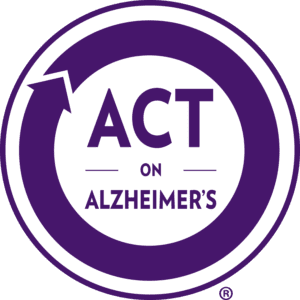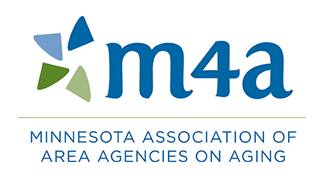Seasonal Employment with the Senior LinkAge Line®
Each year, the Senior LinkAge Line® is instrumental in helping to provide comprehensive non-biased counseling to Medicare beneficiaries. This is particularly important each year during the Medicare Open Enrollment Period (October 15 – December 7). As you can imagine the call volume significantly increases during the Open Enrollment Period. In order to maintain our ability to serve as many people as possible, the Senior LinkAge Line® contact centers hire seasonal employees to help increase their capacity.
This fall, MNRAAA hired four part-time temporary seasonal employees. Roger Elmquist, Wayne Johansen and Donna Appel were hired to provide assistance in our Mankato office and Helen Brink was hired to provide assistance in our Slayton office. Two of our seasonal staff were returning for their fifth year and one for their second year. All of our seasonal staff are retired professionals who act as Senior LinkAge Line volunteers during the remainder of the year. Each year they receive extensive training on both Medicare and Medical Assistance, the internet tools necessary for documentation, and the protocols for answering calls through the Senior LinkAge Line® system. They started answering calls this year on October 1st and concluded their service December 23rd.
The addition of the seasonal staff across the state has been successful in being able to handle the increased call volume, in addition to helping decrease the call wait time for consumers. We plan to continue with this practice next year and hope to add one to two additional seasonal employees. If you or someone you know would be interested in learning more about these seasonal positions, contact Robin Thompson at 1-800-333-2433 ext. 82016.





